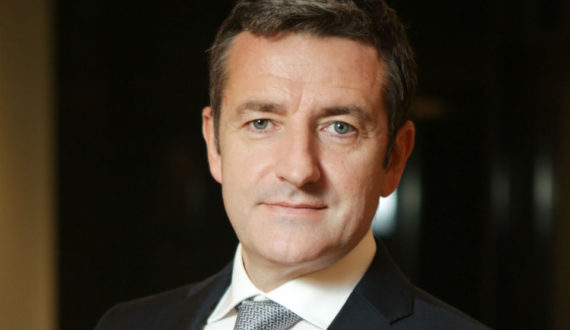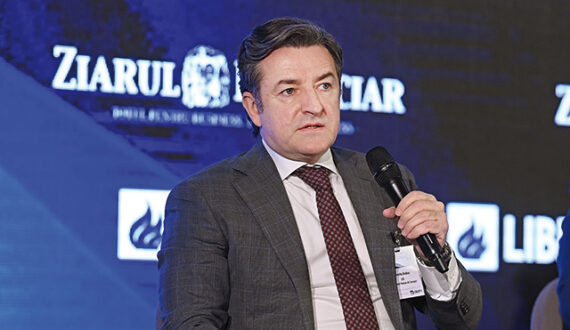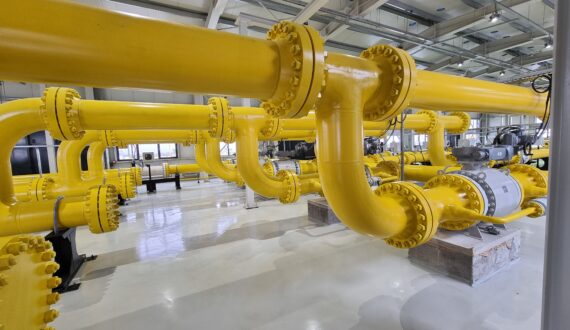Article written by Corneliu Bodea, CEO of Adrem for republica.ro
End of hot summer in Bucharest, where nothing announces how autumn lurks, except for the burnt leaves that are still desperately hanging from branches waiting to give way to the persevering wind of the next season. Something reminds me of the childhood years on Cercului Street, of the silence of the hot summer Sundays when the weather froze hot and the air pressed with all its weight. Today, they all seem more agitated and more willing to break the monotony, boredom seems to me an almost lost memory.
Holidays are in full swing and you can feel it in the morning traffic, in the ease with which you book a restaurant and in the deserted streets of the weekend. Life goes on driven by the inertia of the main needs and resembles from year to year, despite technological developments, exceptional events and calls for change. It is only more and more sophisticated, feeding our insatiable expectations for better, more, more often.
On Monday, August 9, the UN released a report by the IPCC (Intergovernmental Panel on Climate Change) on climate change, the previous one being published in 2013. It issued an extremely harsh warning about the state of our planet and the the alternatives we have at our disposal. If the 2013 report stated that global warming is “most likely caused by human activity”, this report uses much more categorical terms. Although the document is issued by an intergovernmental, therefore political, team, its elaboration was attended by scientists from over 150 countries (including Romania), and the terminology has been the subject of lengthy debates. The position of scientists is even more categorical regarding both the role we play in generating this situation, as well as the alternatives available and the risks attached.
We are reluctant to give up what gives us pleasure, no matter how illusory it may be, and we are very willing to give ourselves mitigating circumstances when we know in ourselves that we are wrong. We readily declare our commitment to anti-climate change policies by consuming more and more resources. The awareness that the real action is mostly personal and that changing our consumption habits and somewhat lifestyle is the right response to such a struggle, creates a fantastic resistance to the inertia of habit and apparent needs. It is in the human nature and in our mentality of all and what is more difficult than to change such prehistoric fabrics.
In this way, we are heading for a time (2040-2050) when things could become much more serious in that global warming could escape any presumptive control and sustain itself through an effect well explained by specialists. . The consequences could be catastrophic for people both by the direct risk due to the extreme phenomena of the weather, but especially by unimaginable economic effects.
We have at our disposal 20-30 years of pragmatic action that should start from each of us in the directions: responsible consumption of resources (energy, food, etc.), adoption of energy efficient solutions through the equipment used, power supply from alternative sources renewable energy sources, the adoption of energy-efficient forms of transport, the long-term use of certain consumables or equipment, the abandonment of the use of plastics, other non-degradable or hard-to-degrade materials, etc.
Read more on republica.ro
The society of irresponsible consumption is coming to an end. Somewhere a danger lurks







